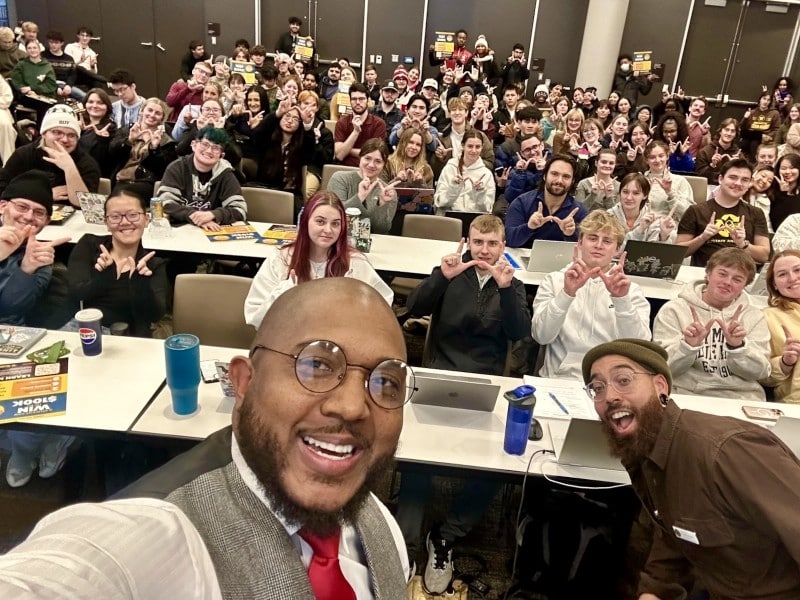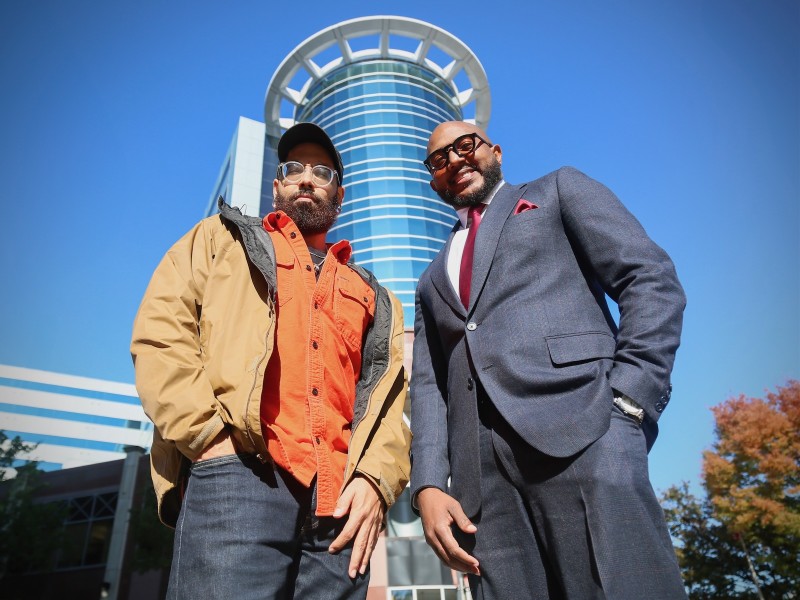WMU Students can take intro anatomy class without going into the lab
Getting your Trinity Audio player ready...
Introductory anatomy and physiology can now be learned online in a class that requires no time in an on-campus laboratory as a result of the work of a Western Michigan University graduate.
Taylor Paskin, who graduated last June with a master’s degree in biological sciences, helped teach anatomy for three years as a graduate student, occasionally filling in as class instructor. She stayed at WMU after graduation to work on the online course.
“My main goal was to find a way that students could do hands-on lab experiments at home in a budget-friendly manner,” Paskin says. “There are some options out there, but the lab for each student would have been $300 to $350 and that’s not including their textbook.”
Most other universities offer 100-level anatomy and physiology classes online that require a minimum of three or four trips to campus for laboratory work. In Paskin’s class, students complete all labs at home.
She found a textbook that came with basic lab tools for experiments. Additional materials could be easily purchased.
“They can do their labs at home with inexpensive ingredients that can be purchased at the store,” Paskin says. “The lab experiments are elementary, but you understand in greater detail how it relates to physiology and how things actually work in the body.”
Experiments include such things as analyzing the components of bones by noting the effects of vinegar on them and learning how joints and muscles work by dissecting a chicken. Students record their observations, draw conclusions, and turn in their analysis.
Students also learn human anatomy by accessing a virtual anatomy lab. The program allows students to view and virtually interact with common lab specimens, including a human cadaver and anatomical models.
Paskin says the class was very successful in the fall. Most of the students were non-traditional and found the class fit in well with their busy schedules. The class is too basic for a student entering a scientific field, but was fine for students in other disciplines.
“I believe that whether or not you’re going into the field of science, it’s important for everyone to have a general understanding of what goes on inside the human body,” Paskin says.
Writer: Kathy Jennings, Second Wave Media
Source: Mark Schwerin, Western Michigan University















